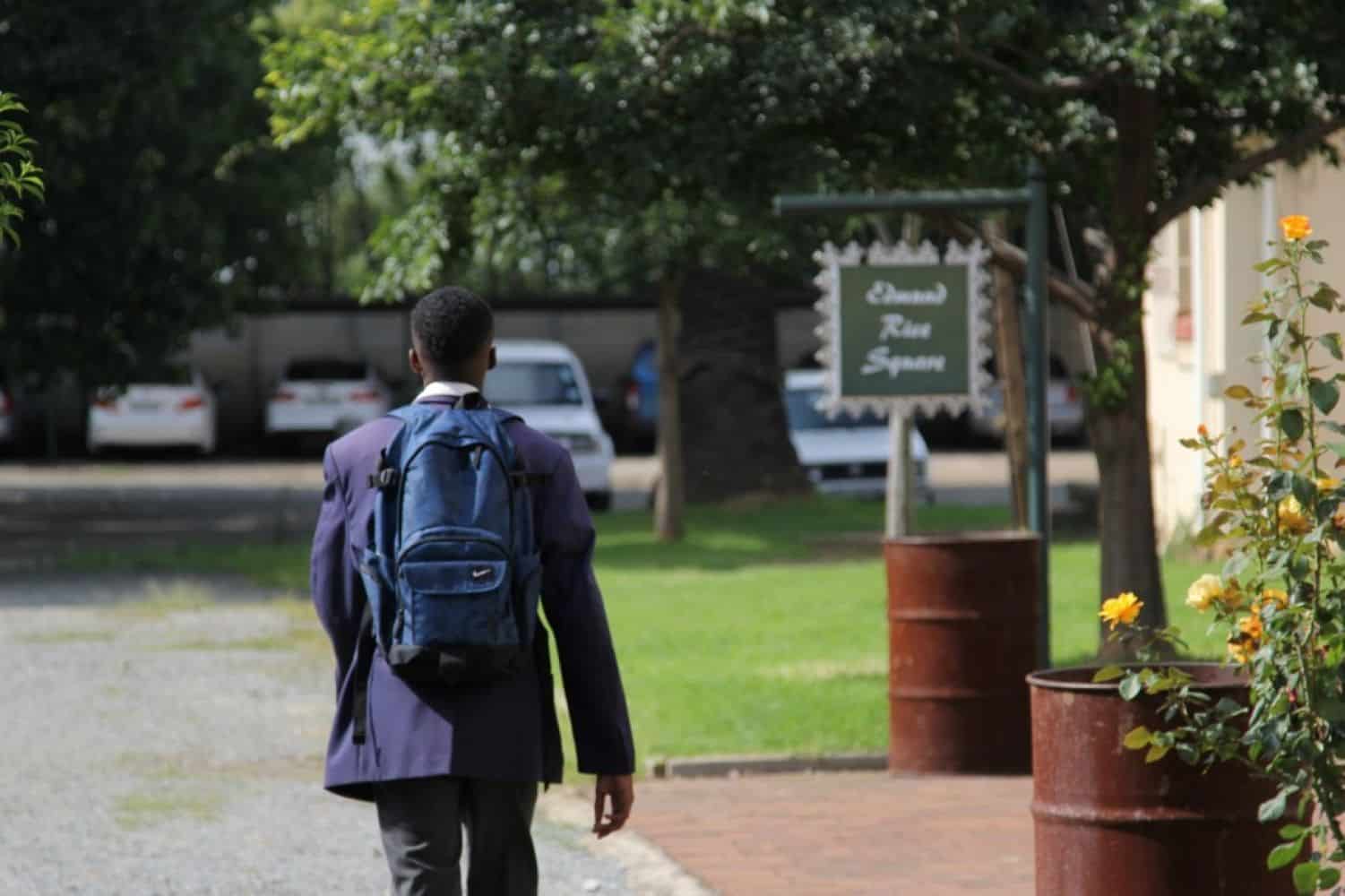Private schools association warns it’ll discourage initiatives aimed at providing much-needed education infrastructure.

Several educational institutions have voiced their strong objection to proposed changes to the value-added tax (Vat) Act, that will effectively force all Vat-registered schools to deregister.
In a comprehensive submission, the Independent Schools Association of Southern Africa (Isasa) warns that the changes will impact the stability of the education sector in South Africa.
Educational services have always been exempt from Vat, but only when those services were supplied in return for school fees, tuition fees, or payments for lodging.
Schools with commercial activities – such as the supply of school uniforms or making available the school’s sports facilities, hall, swimming pool, or hostels to private clubs or individuals – could register for Vat and claim a percentage of input tax deductions.
National Treasury wants to amend the Vat Act in the draft Taxation Laws Amendment Bill (TLAB), by proposing the removal of ‘school’ and ‘school fees’ from the wording of the relevant sections in the Vat Act.
This would mean all supplies of goods or services by schools, regardless of whether it is in return for school fees or not, will be exempt under the Vat Act.
The effect of the forced deregistration is that all the input Vat claimed on capital assets since registration for Vat must be repaid.
Treasury will allow schools to repay the Vat liability in 12 monthly instalments, “or in so many instalments as the commissioner (of Sars) may decide.”
ALSO READ: Vat-registered schools set for rude ‘wake-up call’
Mixed funding model
Isasa executive director Lebogang Montjane urges government to reconsider the proposal. Isasa represents 900 schools with 210 000 learners.
More than 70% of its schools receive no subsidy from the state and are largely funded through school fees. Many also engage in commercial activities to supplement their revenue streams.
This mixed-funding model provides schools with a measure of financial independence and enables them to continue offering high-quality education, even in the absence of state funding.
It also allows for strategic investment in innovation, technology, and staff development, which helps maintain the competitive edge and distinctive ethos of independent schooling.
In its objection to the proposal, the non-profit CityKidz Pre and Primary School says the school was created to fill the “education void left by government inaction and its apparent inability to provide acceptable education facilities.”
ALSO READ: Gauteng schools urged to settle electricity and water bills
Renney Plit, co-founder and chair of CityKidz, says there has been a massive growth of over 50 000 residential units in the Johannesburg inner city. This necessitated the building of up to 40 new schools.
“Not a single new school has been opened by the GDE (Gauteng Department of Education) in the past 50 years.”
CityKidz was founded in 2008 with the express purpose of providing quality and nurturing education to children in Johannesburg’s inner city. It provides schooling to 900 learners from Grades RR to Grade 7.
The high school – CityTeenz – was supposed to open in January 2027, but if the proposed amendment is enacted, the board will be forced to cancel their plans due to the increased cost of absorbing the Vat on construction costs.
The school’s income is currently generated through school fees “at the lowest rate possible,” some rental income, and a government subsidy of R500 per pupil from Grade 1. This subsidy has been cut by 18% over the past two years due to a shortage of funds from the GDE.
ALSO READ: Money is there but ‘political will is lacking’: Not enough schools being built in South Africa
Infrastructure incentives
Plit notes that government has been incentivising school infrastructure development through the School Infrastructure Backlog Grant.
“It is, therefore, manifestly contrary to the intended purpose of the exemption to disincentivise this contribution by not allowing taxpayers, such as CityKidz, from claiming input tax credits on such associated expenditure related to infrastructure.”
He adds that the legislative intent behind the exemption was clearly intended to support and incentivise the provision of much-needed educational infrastructure, as opposed to imposing a financial burden that would discourage such activities or render it unviable by disallowing the input tax claims available to it.
Isasa’s Montjane says the proposed amendment represents a departure from government policy and effectively conflates commercial activities with educational services.
“It disregards the fact that schools, particularly independent schools, need to undertake activities that may be deemed to be commercial in order for them to provide a basic education that is not of an inferior quality than that which is being provided by a comparable public school,” says Montjane.
This article was republished from Moneyweb. Read the original here.
Support Local Journalism
Add The Citizen as a Preferred Source on Google and follow us on Google News to see more of our trusted reporting in Google News and Top Stories.






